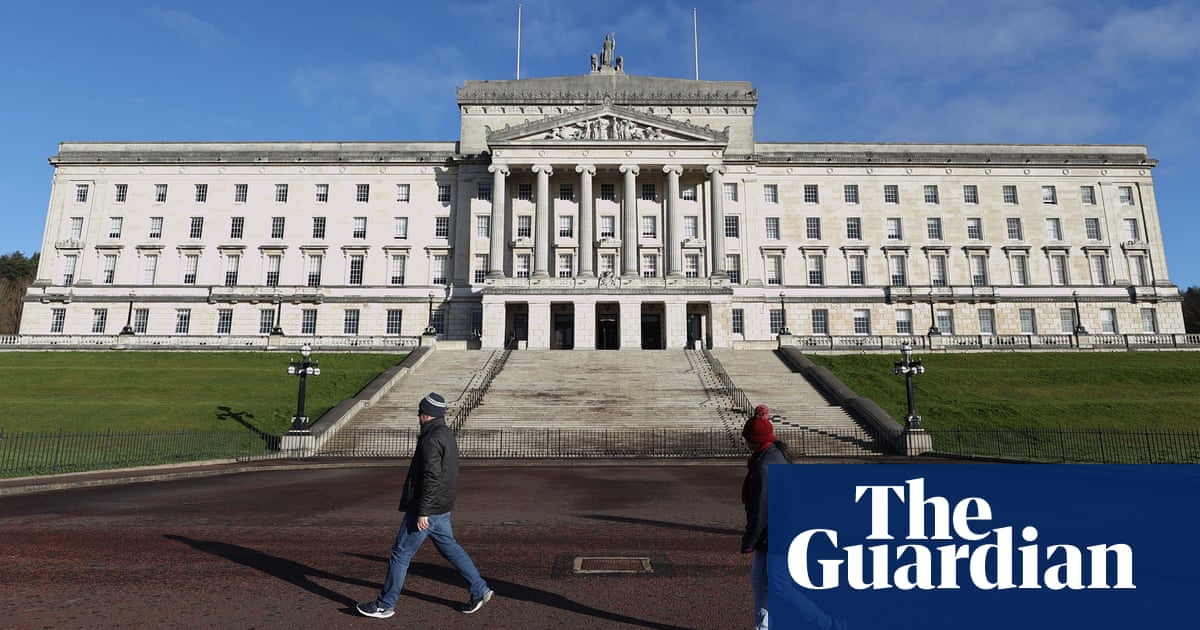
n 1986, the same year that Maradona’s Hand of God broke English hearts, Margaret Thatcher broke Britain’s buses. Her 1985 Transport Act, which came into force in October the following year, privatised Britain’s bus services and deregulated them everywhere except London. Thirty-five years on, Greater Manchester mayor Andy Burnham has, perhaps, struck back, announcing his plans to re-regulate the city’s bus service.
Since 1986, the number of passenger bus journeys made in Britain has declined by 1bn, to 4.5bn in 2019-20. But these overall figures mask a tale of two cities: London, and everywhere else. While passenger journeys have declined by 53% in English cities since the Transport Act came into force, London passenger journeys have increased by 99%. A combination of privatisation, deregulation and austerity have created bus deserts in many parts of the country. Oxfordshire county council cut all bus subsidies in 2016, ending 54 bus routes entirely. It’s not the only one: Stockton on Tees, Middlesbrough, Hartlepool, Cumbria, Isle of Wight, Swindon and Stoke on Trent all no longer subsidise bus services. Today, nearly half of all bus journeys in England are made in London.
Burnham hopes to reverse this trend. The mayor wants to essentially re-introduce bus regulation for Greater Manchester, including routes, timetables and fares. Bus and tram services will be managed by Transport for Greater Manchester, a body much like Transport for London. “It will mean simpler fares and ticketing … Timetables will be joined up and you will be able to change between buses and trams, making your journey seamless,” Burnham said this week.
The reason Burnham was able to do this was because of the Bus Services Act 2017, which was introduced as a result of the coalition government’s plans to devolve powers in response to complaints of poor bus services in much of the country. This allows combined authorities to re-regulate bus services. Although Burnham is the first mayor to use these powers, he was bolstered by the grassroots campaign Better Buses for Greater Manchester, which was led by the impressively tireless Pascale Robinson of We Own It.
Sadly, the 2017 act bars Burnham, or any other council or combined authority, from establishing their own bus company and emulating success stories like the Labour-run Nottingham. The city’s bus company, founded as a 100% council-owned company in 1986, has won UK bus operator of the year five times and has remarkable satisfaction ratings. Just last week, Nottingham City Transport won an Environmental Improvement award for reducing the emissions from its fleet of buses by 90% after a £42m investment in low-emission vehicles.
But even Burnham’s re-regulation is not home and dry yet. One issue will be its implementation. London’s bus services hugely improved, and saw greater investment in dedicated bus lanes, as a result of the introduction of the congestion charge and the integrated Oyster ticketing systems in 2003. There will be questions over Burnham’s ability to fund similar investment so rapidly. One funding option that other devolved administrations are looking at is some sort of infrastructure uplift levy, to capture some of the wealth created by investment in transport infrastructure (ie when land prices rise as a result of investment).
Another obstacle facing Burnham is the Stagecoach transport conglomerate, which has a judicial review of Burnham’s decision due to be heard in May. In the late 1980s and early 1990s, Stagecoach, led by the Scottish businessman Brian Souter, aggressively took advantage of the deregulated environment created by the Transport Act to undercut competitors in the bus industry, gradually building a monopoly in Britain’s bus services. The company has been known to cut less profitable routes and hike prices. Nowhere did this happen more gratuitously than in the Darlington bus wars in the 1990s, when Stagecoach ran free bus services that put its rivals out of business. In 1995, the UK’s competition regulator described its tactics as “predatory, deplorable and against the public interest”.
But the tide appears to be turning against companies like Stagecoach. Campaigners are intent on achieving similar results in other combined authorities, such as the West Midlands, West of England and South Yorkshire. Labour’s candidate for the West Yorkshire mayoralty, Tracy Brabin, welcomed Burnham’s decision and pledged to do the same if elected, although it’s unclear what funding arrangements she’ll be granted by the government.
Plans to re-regulate Liverpool city’s buses will soon be going to consultation. Meanwhile, Steve Rotheram, metro mayor of the Liverpool city region, is working with the Department for Transport in a bold attempt to take the local rail system into public control and integrate transport throughout the region. In the North East Combined Authority, the transport committee has recently approved funding to develop a partnership approach that will include a bus network planning exercise. It also agreed that re-regulation will be considered as an option, an approach favoured by the North of Tyne mayor, Jamie Driscoll.
In a decade of austerity, the government has slashed public subsidies for buses. More than 3,000 bus routes have been cut across the country since 2010 and passenger numbers have slumped by 10%, while fares have increased by 32%, well above the rate of inflation. Reversing these trends will require national policy.
During the last election, Labour promised to repeal the ban on councils running their own bus companies, expand powers to re-regulate, restore lost bus routes and fund free bus travel for all under-25s (free bus passes for off-peak travel are already a legal entitlement for people aged over 65, or those with a disability). This was an essential part of its ambitious climate agenda: improving buses would help to shift people out of cars and on to public transport, reducing congestion and air pollution.
Bus networks can also play a vital role in tackling rural poverty and isolation – but even a free bus pass isn’t much use if your bus route has been cancelled. And if anything can revive British high streets, it’s the availability of cheap and reliable public transport that can only come with re-regulated services.
That’s why Stagecoach will increasingly find itself out of step with many other businesses, which will see the benefit of getting more people into local high streets. Burnham may finally be turning the tide on Thatcher’s legacy. King of the North indeed.
Andrew Fisher was the Labour party’s executive director of policy from 2016 to 2019












